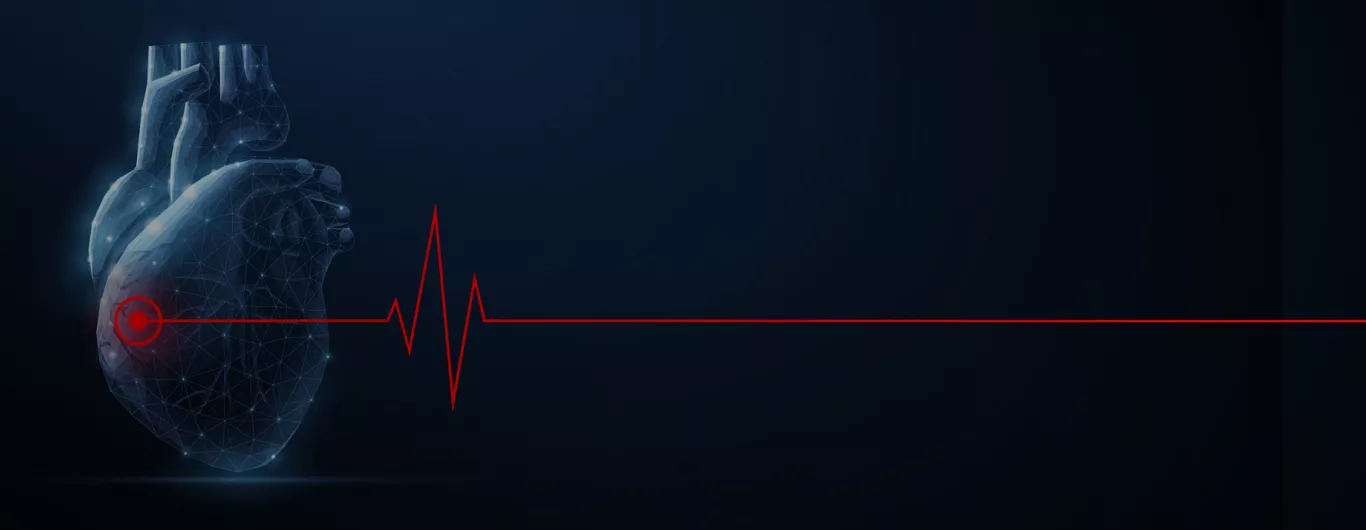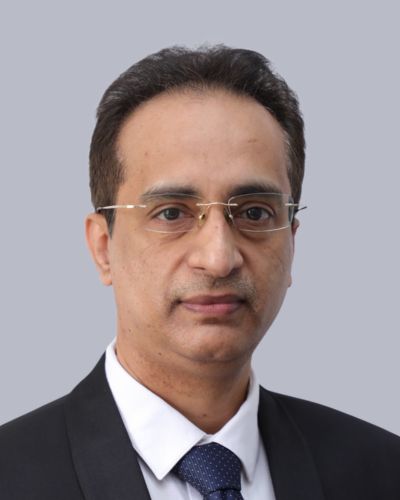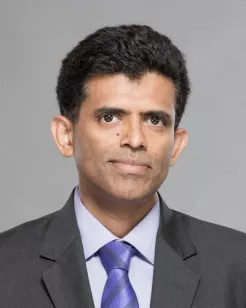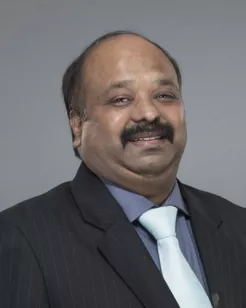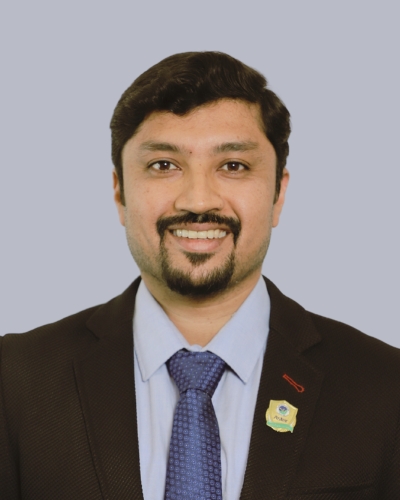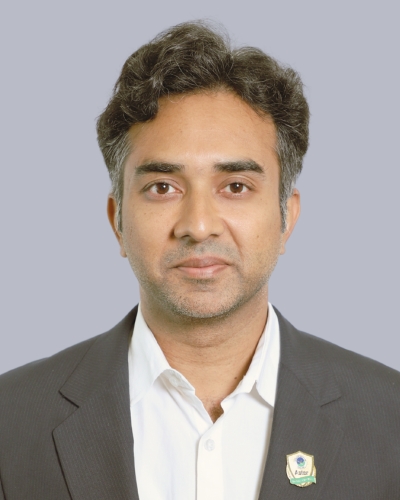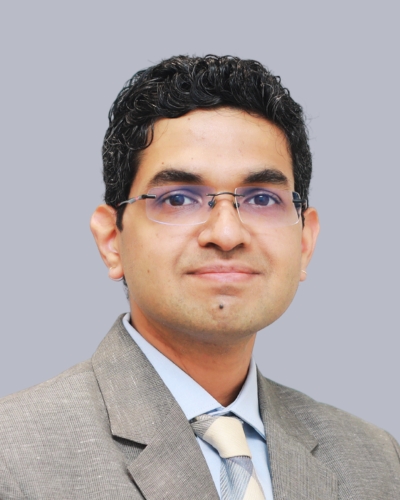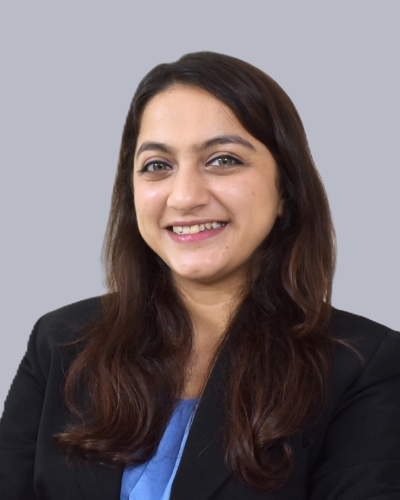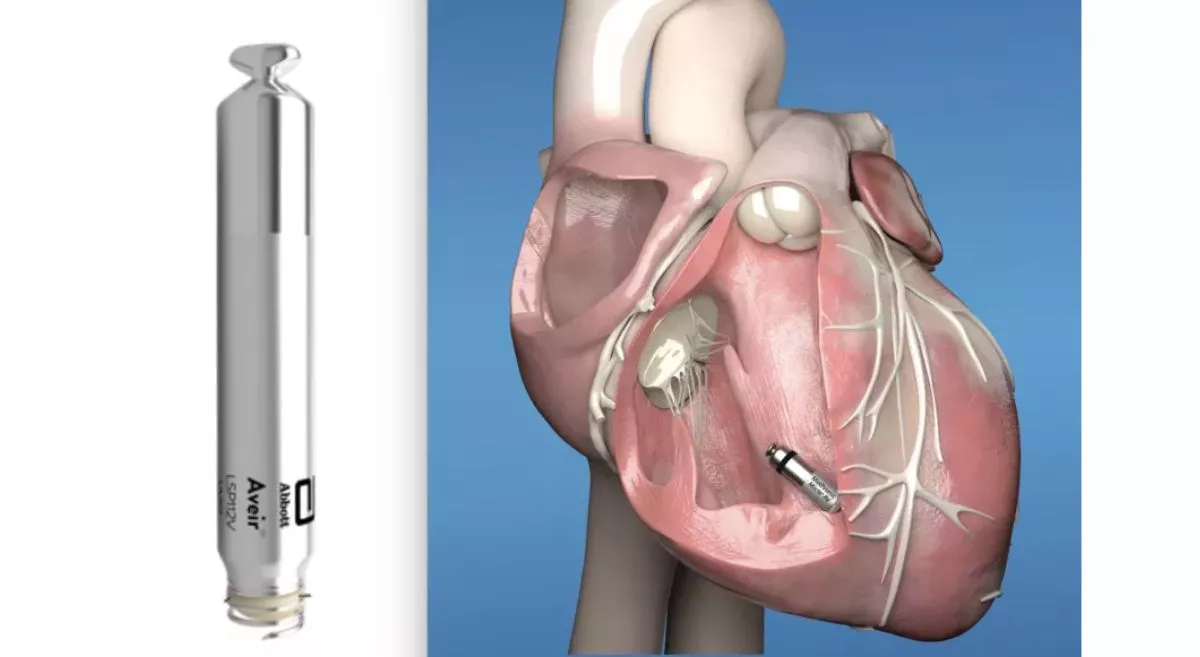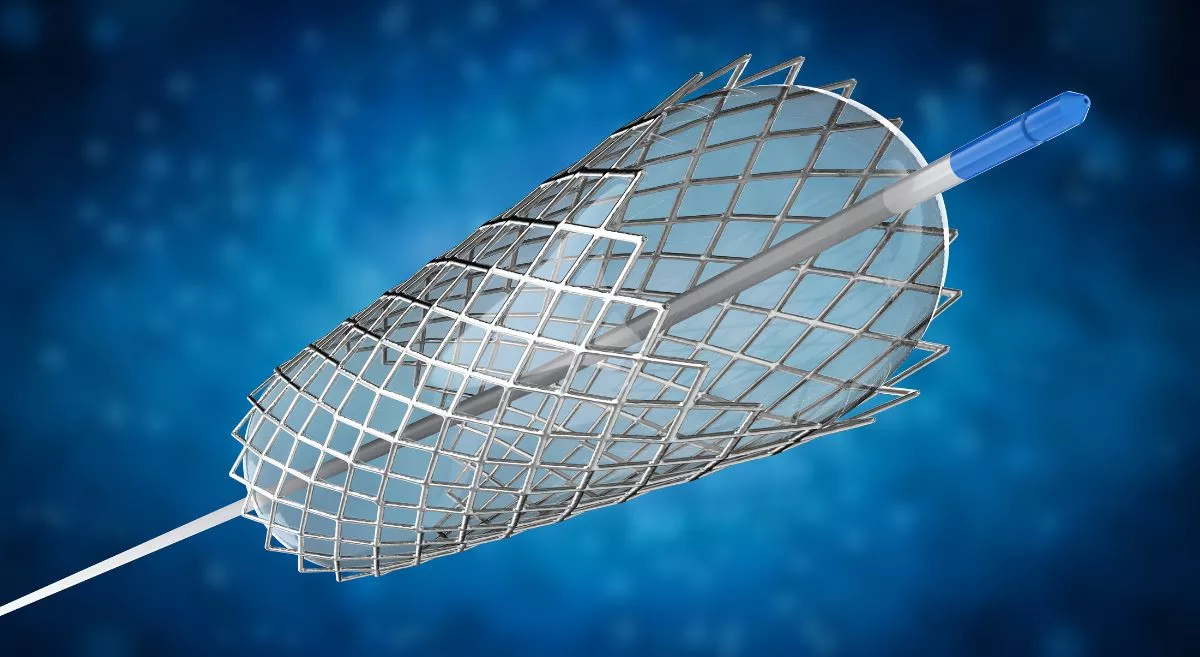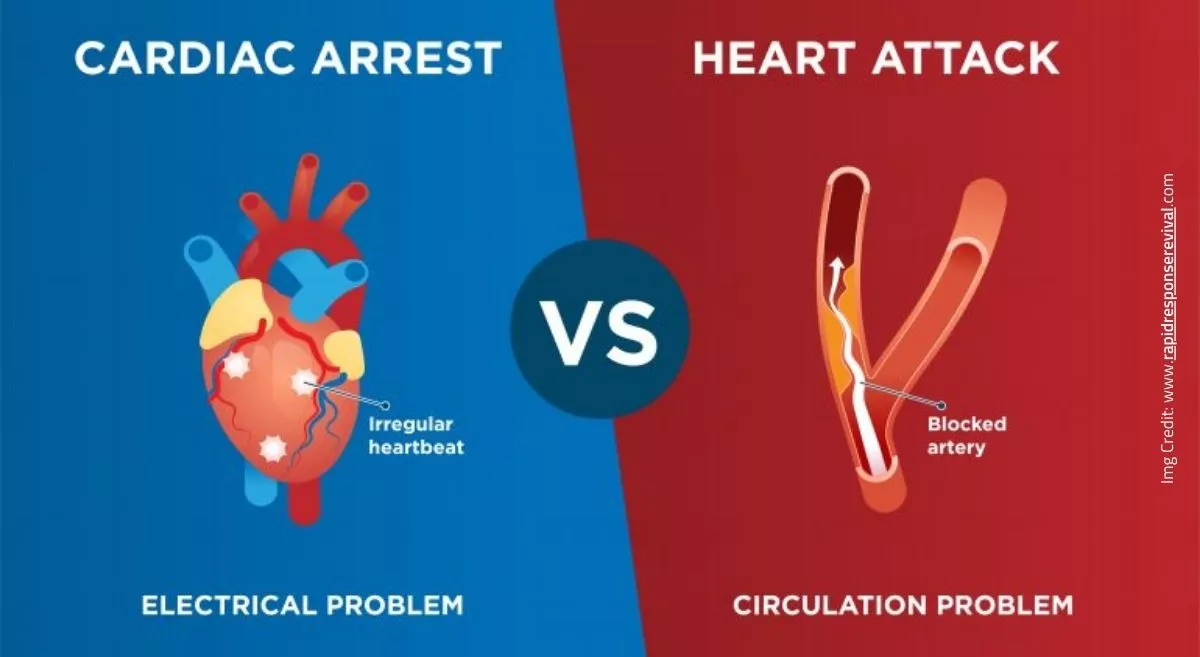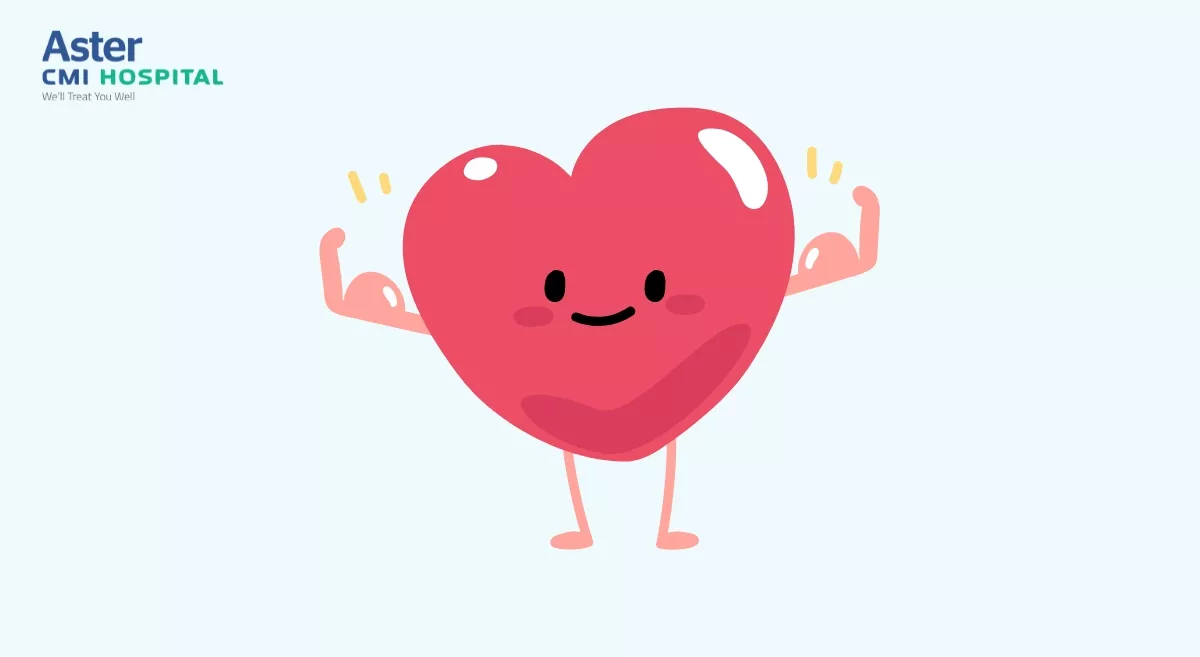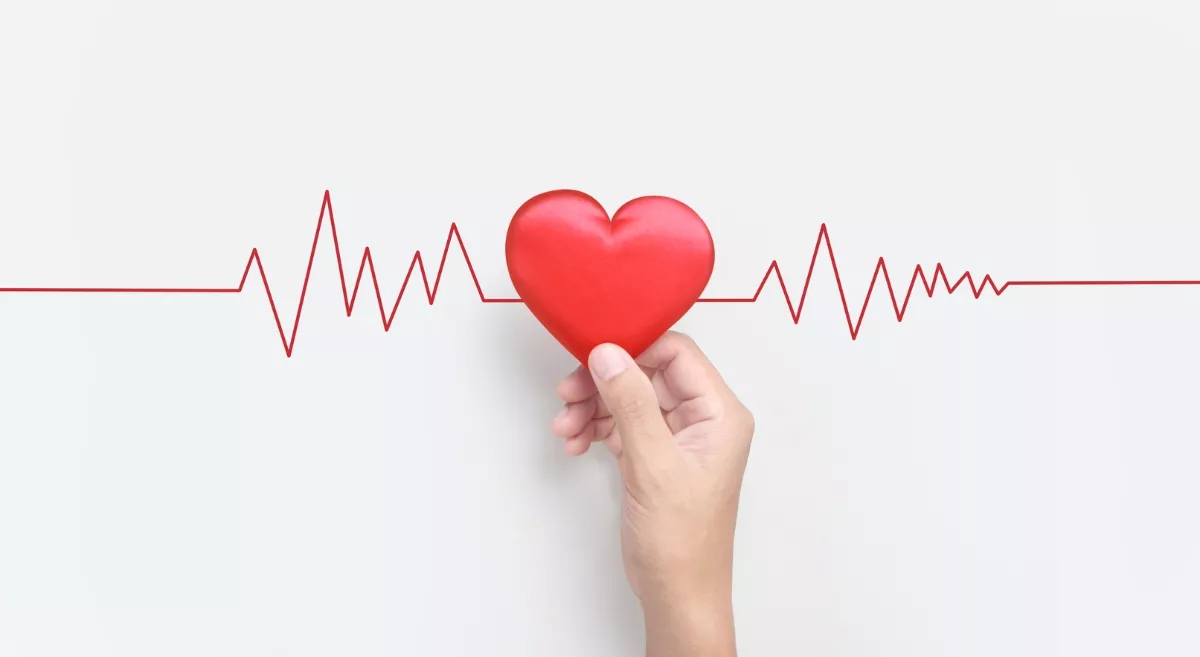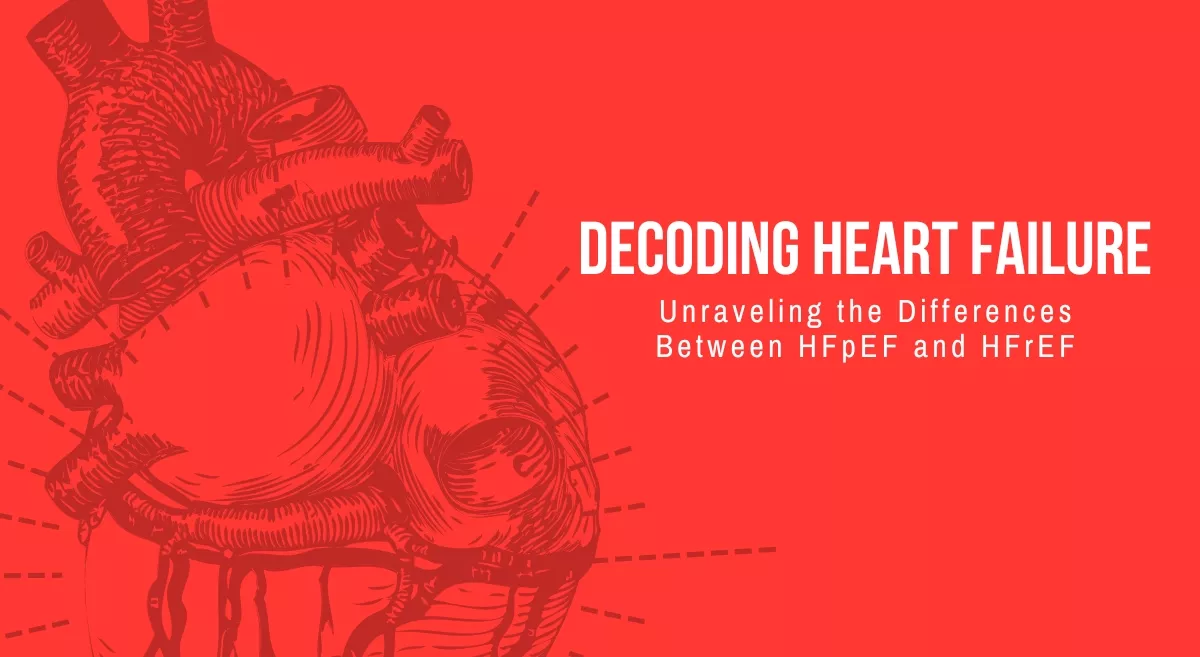The Cardiology Department at Aster CMI Hospital stands at the forefront of delivering exemplary care and innovative treatments for a diverse range of cardiac conditions. Our commitment to excellence is reflected in the comprehensive array of services we offer, covering every aspect of cardiac care from diagnosis to treatment and rehabilitation.
Within our department, patients have access to a wide spectrum of specialized services tailored to meet their unique needs. Our expertise spans across various subspecialties, including interventional cardiology, pediatric cardiology, vascular interventions, valvular interventions, pacemaker implantations, and interventional radiology. Whether it's managing complex coronary artery diseases, treating congenital heart defects in children, or performing minimally invasive procedures for vascular disorders, our team of specialists possesses the skills and experience to deliver optimal outcomes.
At the heart of our approach is a commitment to providing holistic care that addresses not just the physical manifestations of cardiac illness but also the emotional and lifestyle aspects crucial for overall well-being. To achieve this, we have assembled a multidisciplinary team comprising highly trained nurses, technicians, dieticians, and rehabilitation experts. This collaborative effort ensures that patients receive comprehensive support throughout their journey, empowering them to achieve the best possible recovery and quality of life.
Furthermore, our department prides itself on leveraging state-of-the-art technology and cutting-edge techniques to stay at the forefront of cardiac care. From advanced imaging modalities for precise diagnosis to innovative therapeutic interventions aimed at restoring heart function, we continuously strive to integrate the latest advancements into our practice, ensuring that our patients benefit from the most effective and advanced treatments available.
In essence, the Cardiology Department at Aster CMI Hospital is dedicated to providing compassionate, comprehensive, and leading-edge care to patients with cardiac conditions. Our unwavering commitment to excellence and patient-centered approach ensures that every individual who walks through our doors receives the highest standard of care and support on their journey to heart health.
FAQs
Want to find out more about the treatment? The answer to your questions can be found below.
What does a Cardiologist do?
A cardiologist examines and evaluates the patient’s cardiovascular system and provides necessary treatment plans according to the patient’s current medical health. They help patients prevent cardiovascular problems, like heart attacks, heart failure, or any kind of heart problem since birth.
What question should you ask a Cardiologist?
Before opting for the cardiologist treatment and surgery, patients must know the side effects of the treatment, precautions required, expected duration of disease curation, specialisation of cardiologists, and their experience. Consult thoroughly to have a better understanding of the best medical treatments.
What are the most common types of conditions that Cardiologists treat?
Expert cardiologists in Whitefield at Aster treat coronary artery disease, heart failure, hypertension, valvular heart disease, congenital heart defects, peripheral artery disease, heart attack, cardiomyopathy, and endocarditis. Consult with cardiologists and experts to know your treatment plan.
When should I consider seeing a Cardiologist?
When you experience symptoms like severe chest pain, dizziness, fainting, palpitations, shortness of breath, swelling in legs, high blood pressure, and diabetic symptoms, they damage blood vessels and heart nerves. Provide complete information to medical staff for effective treatment.
How should I prepare for my first visit to Cardiologist?
Patients must carry their medical history documents, results of recently conducted diagnostic reports, and family heart disease reports and provide complete details if they have high blood pressure, diabetes, or chronic kidney disease. This information helps cardiologists examine patients' health and provide the best treatment plan for them.
How does a Cardiologist decide on a treatment plan?
Cardiologists and medical staff consult with patients regarding available treatment plans and monitor the patient’s and their family's medical history to take a look at any existing genetic conditions that might be affecting their present condition. The cardiologists also assess the possibility of any side effects that may occur as a result of treatment. With the patient’s approval, a treatment plan is put into action.
Will a Cardiologist help manage side effects during treatment?
Yes, trained and specialised cardiologists at Aster thoroughly examine patients’ health progress and diagnostic tests during regular check-ups. This enables them to determine if any side effects have developed as a result of the treatment. They also prevent patients from side effects with the best treatments and care.
What documents should I carry on my first visit to a medical oncologist?
Cardiologists require the patient’s healthcare reports, heart disease reports, diagnostic test results, family heart disease history, and relevant information that influences the treatment plan decisions of expert cardiologists and staff. Detailed patient medical history assists cardiologists in accurately assessing patients' cardiovascular conditions.
How do cardiologists decide if surgery is necessary?
At Aster, expert cardiologists in Bangalore, cardiologists, and medical staff thoroughly study and examine the patient’s medical history and conduct diagnostic tests, stress tests, and cardiac catheterisations. Further, based on the patient’s preferences and medical staff considerations, a treatment decision is formed.
Blogs
The source of trustworthy health and medical information. Through this section, we provide research-based health information, and all that is happening in Aster Hospital.
